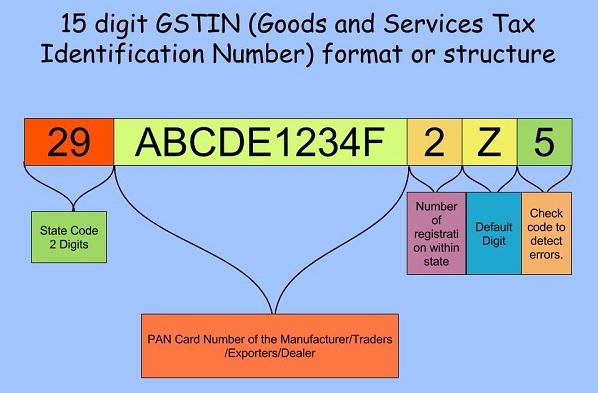It seems like Indian realty market is the next big investment pocket of Private Equity companies. PE inflows into real estate sector may set to hold a new record this year with cross $4 billion during the end of 2017, claims a report. Startlingly, a greater part of this investment belongs to commercial assets such as- pre-leased office spaces and retail assets. The prime focus of PE investors has taken a sharp shift from high-end residential segment to the commercial ones, as they find low-risk involvement and definite return from this very sector. The latest market report says that adding over 80% of the PE capital by far this year is from long-term independent and pension funds.
PE investment share into residential sector declined by 50% in 2011 to 28% in 2016 and further has dropped by a little 4% in 2017. Against this scenario, Investment in commercial property sector accounted for 29% in 2011, which augmented to 66% in 2017, while that of retail jumped to 19% in 2016 from almost zero in 2011 and till this September it stood at 14% this year.
Another investment sub-category in commercial property investment i.e. warehouse investment has recorded double investment from 9% in 2011 to 16% in 2016. Private Equity investment will surpass the record of 2015, which was the highest since 2010. Real estate sector failed to grab notice during the 2011-2014 time period, while as of now this year is turning out to be the golden period of PE investment into realty sector.
From an average investment of $2.1 billion in 2011-2014, PE inflow rose by 57% to an average of 3.3 billion in between 2015 and mid- September 2017. In 2017 till now, the number of deals declined to 13, just over one-fourth of the mark in 2010. On the other hand, the average investment per deal improved 10-folds to $246 million per deal, appreciation to a major deal alone accounted for $1.8 billion.
Most of these PE investors are domestic investors followed by investors from the US and Canada recorded by far this year, Singapore had the highest investment per deal on account of a single giant investment GIC-DLF deal of $1,800 million this year.
Going by the ranking in order to fetch most of the PE investments Gurgaon stands at No: 1 position with 56.4%, riding on the back of $1.8 billion DLF-GIC deal, Mumbai holds the second position with 39.8% record. Last month, DLF’s promoters revealed sale of 40 percent stake in a rental arm DLF Cyber City Developers Ltd (DCCDL) for Rs 11,900 crore, which incorporated sale of shares to Singapore’s sovereign wealth fund GIC for Rs 8,900 crore. Institutional funds control the private equity inflow, which reflects long-term resumption in country’s active economic fundamentals.
LNN (Liyans News Network) – Buy luxury residential property in north Kolkata for greater return perspective. Explore available wide range projects on www.liyans.com. No: 1 real estate portal of Kolkata.





